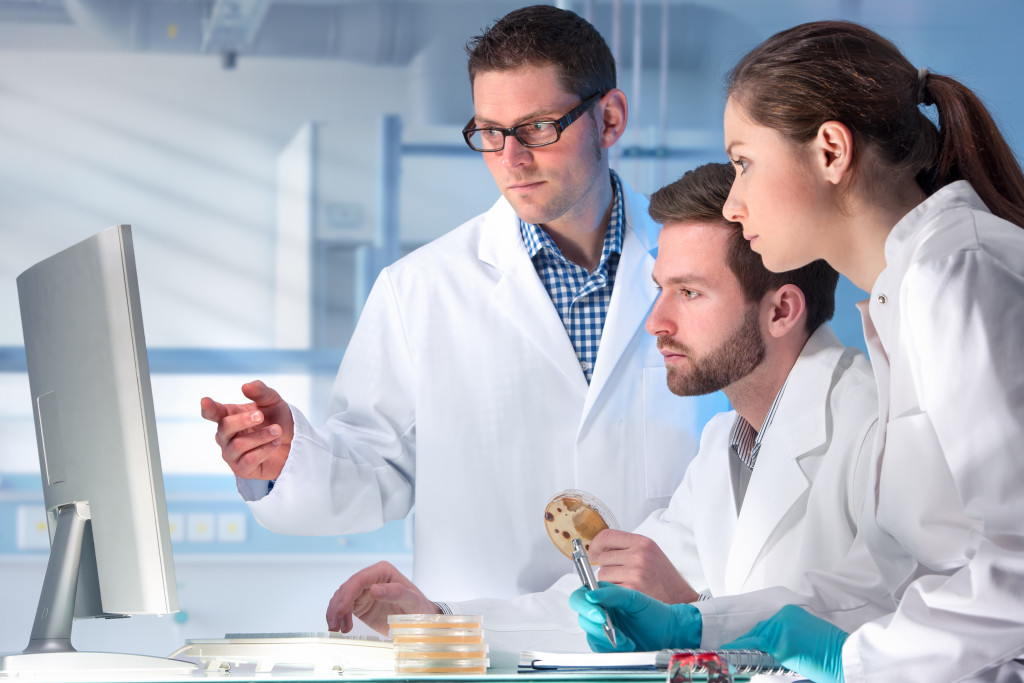Laboratorians and everyone who works in a clinical laboratory face imminent danger. It doesn’t matter what agent the laboratory houses. Laboratorians should follow standard safety precautions, disinfection protocols, and evidence-based methods. These are the best way to protect them and their peers.
Laboratorians should wear normal personal protective equipment (PPE) when handling a laboratory freezer. The PPE includes a full lab coat and enclosed footwear. They should also have protective gloves or mittens, headwear, and goggles when dealing with different agents. The PPE is the most important layer of protection for laboratorians. It protects them against biochemical agents and other possible accidents.
Develop Evidence-based Methods
A laboratory should base its protocols and guidelines on evidence-based methods. It should identify instances that will create a more pro-active guideline for laboratorians. One of the most important roles of a laboratory is to collect data. This will help improve the protocols of managing a medical laboratory. Improving the quality of the protocols in the laboratory will reduce the risk of people contracting diseases.
Conduct Reviews Regularly

You follow what the National Center for Disease Control guidelines. You adhere to the protocols that the agency enforces. Is this enough? The center has a mandate over medical laboratories. But it could not inspect all laboratories in the country as much as they would want to. It is up to the laboratory managers and those who use the lab to conduct as honest a review as possible.
They should conduct a systematic review of the effectiveness of the current guidelines and protocols. In some cases, laboratory managers are only enforced to do this when there’s an accident in the laboratory. A review must be done without accidents having to happen. The lab managers should schedule the reviews to coincide with the time when the laboratory isn’t housing chemical and biohazard agents.
Compare the Effectiveness of Lab Practices
In this case, comparisons are for the betterment of the laboratories. Managers should share knowledge with other laboratories. They should inform other laboratories of the findings of their laboratory reviews. If there are suggestions and recommendations, these must be looked at by the group. They should decide what recommendations must be adopted by all medical laboratories in the country.
These laboratories need a central source of information. This is where they will get information about handling and managing laboratories. Laboratory managers should access this when they need clarifications on certain guidelines. It can either be a customized platform or a thread on project management systems.
A lot of people who work in laboratories don’t understand the health hazard that their work entails. This is the fault of the laboratories and the companies that hired them. Workers should be better trained about the everyday risks they take. They should be more knowledgeable about the agents they handle. This is the responsibility of the laboratory manager. Those who work in the lab will be more careful in following the safety protocols if they are more aware of what they face.
Laboratories should work proactively to find solutions to the risks their people face. Otherwise, accidents will continue to happen. Laboratorians will continue to put their lives at risk when they shouldn’t have to.





